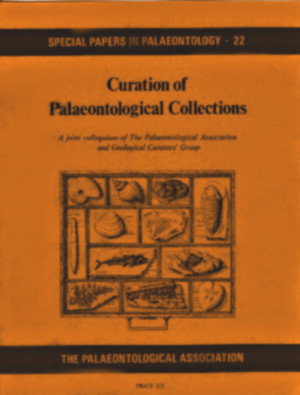Reg. Charity No. 1168330

A survey of twenty-three United Kingdom museums with major geological collections shows that only two have formal, published acquisition policies. Stated policies help to prevent random expansion, simplify problems of storage, conservation, and documentation, save curatorial time, and frustrate illicit trafficking in fossils. Additions are suggested to the Code of Practice for Acquisition to Museums, covering 'rescue collection' and guide-lines for field-work. A more rational approach to acquisitions is advocated: large-scale reference collections need not be an aim of most museums, as at present. Museums could co-operate more actively in the future by collecting in taxonomically or stratigraphically defined areas that are mutually exclusive. Each museum could voluntarily assume particular responsibilities in collecting, building on existing strengths. A prerequisite is the publication and discussion of lists of such responsibilities, in the Geological Curators' Group Newsletter. Museums would then redirect collections outside their particular responsibility to the more appropriate repository. Discussion of the retroactive application of such a policy to existing collections is premature: future collecting policy should first be agreed.